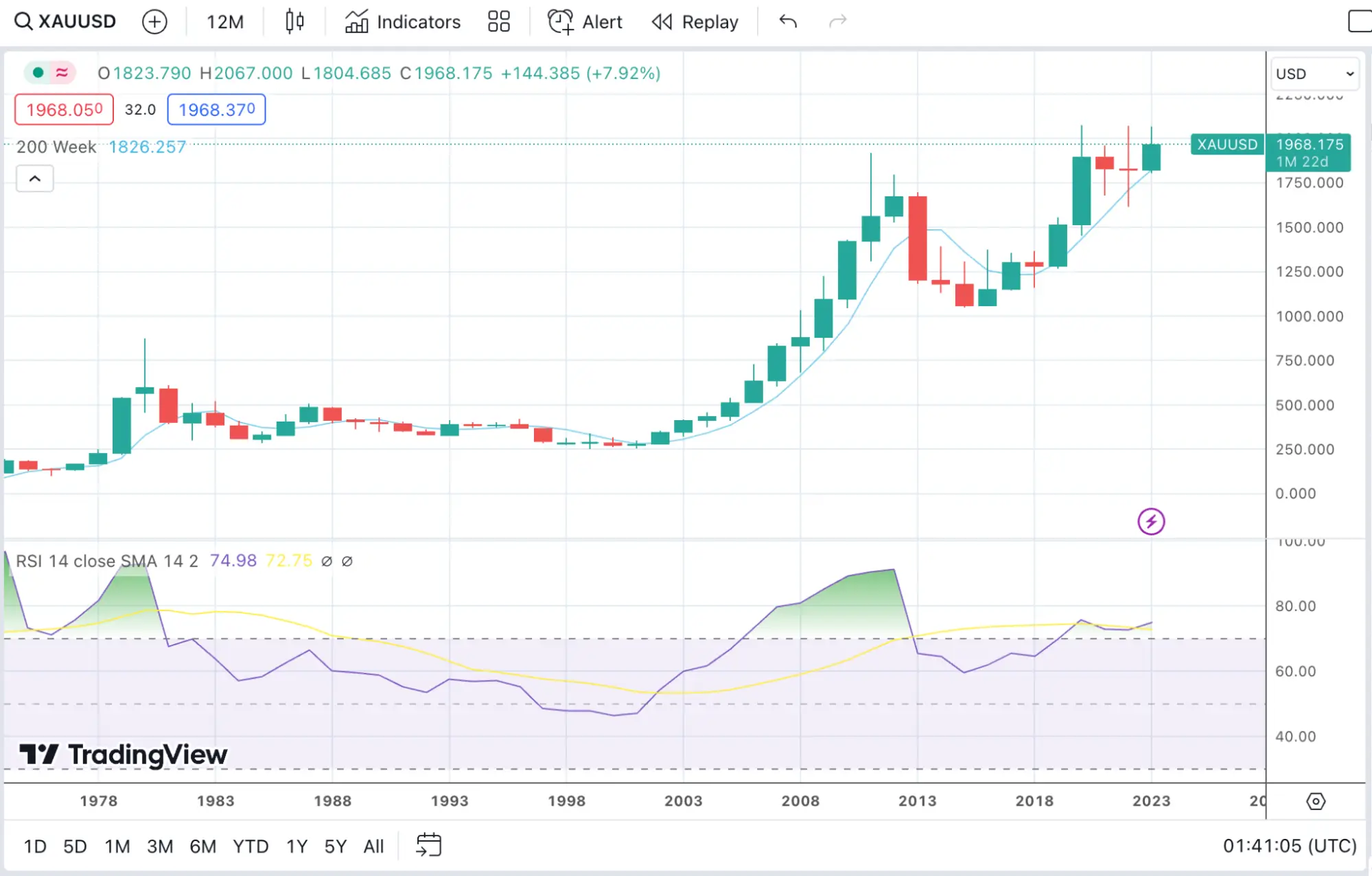The US Securities and Exchange Commission (SEC) has approved 11 spot Bitcoin ETFs — short for exchange-traded funds. This means you can now get exposure to Bitcoin's price through traditional brokerages and trading platforms.
The first application for a spot Bitcoin ETF was filed in 2013 by the Winklevoss twins — owners of the Gemini crypto exchange. Now, 11 years later, spot Bitcoin ETFs have been approved, and you may be able start purchasing shares.
How to buy spot Bitcoin ETFs
11 companies have been approved to offer spot Bitcoin ETFs in the US, but these ETFs will also be available to Australian investors through a number of different brokers and trading platforms. Find out more about buying Bitcoin ETFs.
Which spot Bitcoin ETF should you buy?
You'll likely want to buy the ETF that charges the lowest annual fee, which is currently the Bitwise Bitcoin ETP Trust (BITB).
The following is the list of ETFs as well as their stock tickers in order of yearly fees from lowest to highest:
- Bitwise Bitcoin ETP Trust (BITB) — 0% (0.2% after first 6 months)
- ARK 21 Shares Bitcoin ETF (ARKB) — 0% (0.21% after first 6 months)
- Fidelity Wise Origin Bitcoin Trust (FBTC) — 0% (0.25% after July 2024)
- WisdomTree Bitcoin Fund (BTCW) — 0% (0.3% after first 6 months)
- Invesco Galaxy Bitcoin ETF (BTCO) — 0% (0.39% after first 6 months)
- Valkyrie Bitcoin Fund (BRRR) — 0% (0.49% after first 3 months)
- BlackRock iShares Bitcoin Trust (IBIT) — 0.21% (0.25% after first 12 months)
- VanEck Bitcoin Trust (HODL) — 0.25%
- Franklin Bitcoin ETF (EZBC) — 0.29%
- Hashdex Bitcoin ETF (DEFI) — 0.9%
- Grayscale Bitcoin Trust (GBTC) — 1.5% annual fee
Compare other products
We currently don't have that product, but here are others to consider:
How we picked theseAre Bitcoin ETFs coming to the ASX?
There are currently no spot Bitcoin ETFs listed on the Australian stock market, but companies such as Monochrome Asset Management and Betashares are planning on launching spot Bitcoin ETFs following the SEC's decision.
The Australian Securities Exchange (ASX) has maintained strict margin rules around cryptocurrency ETFs which providers would need to meet in order to offer a Bitcoin ETF.
What might the spot Bitcoin ETFs do for Bitcoin's price?
Since some refer to Bitcoin as "Gold 2.0," let's look at what happened to the price of gold in the years that followed the first gold ETF coming to market in March 2023.
As you can see on the chart below, the price of gold (XAU) skyrocketed from about $US250/ounce to over $US1,750/ounce in the nine years after the first gold ETF's launch.

If Bitcoin makes a comparable move in the next nine years, we'll see its price at $US245,000 by 2032.
However, it's also possible that we see Bitcoin's price go much higher than that by 2032, as gold had been around for 5,000 years as money and a store of value before a spot gold ETF existed, while Bitcoin has only been around for about 15 years.
Given that Bitcoin adoption around the world is in its early stages, the price of Bitcoin after the issuance of a spot Bitcoin ETF may increase even faster than the price of gold did post the issuance of the first spot gold ETF.
This may be why Jurrien Timmer, Director of Global Macro at Fidelity, recently referred to Bitcoin as "exponential gold."
Exponential Gold
If Bitcoin's price increases at twice the rate at which gold's price did, then Bitcoin's price would rise to $490,000 by 2032. If it increases three times the rate, we'll see it at $US735,000 by 2032. And if it increases at six times the rate, we'll see it at just under $US1.5 million per coin, which is the price that ARK Invest CEO Cathie Wood thinks it will reach by 2030.
Keep in mind that Bitcoin's price isn't guaranteed to increase more than gold's did (or even as much as gold's did) in the wake of the issuance of a spot ETF. But if Bitcoin does continue to be adopted more broadly as both money and a store of value and major financial institutions offer exposure to it in the form of an ETF, Bitcoin's price will likely increase significantly in the coming years.
Frequently Asked Questions
Ask a question
More guides on Finder
-
Bitcoin ETF statistics 2025
Track the daily and overall performance of the spot Bitcoin ETFs.
-
Bitcoin (BTC) Price Prediction 2026, 2030 & 2035: January 2026 Report
A panel of industry specialists give us their predictions on the price of Bitcoin to 2035.
-
How to mine Bitcoin (BTC)
How to start mining Bitcoin and whether it's still profitable to do so.
-
How to buy large amounts of Bitcoin
Want to buy a large amount of bitcoin? This guide takes a look at the easiest and cheapest ways to spend big on cryptocurrency.
-
Bitcoin statistics Australia 2021-23
We've rounded up the essential statistics on Bitcoin.
-
Bitcoin vs Ethereum
What exactly is the difference between Bitcoin and Ethereum? A beginner's guide to Bitcoin vs Ethereum.
-
10 best ways to get free Bitcoin
Here are 10 legitimate ways to earn free Bitcoin. See which methods interest you, find out how to get started and grow your digital wallet.
-
How to buy Bitcoin with PayPal
Want to buy Bitcoin or any other cryptocurrency with PayPal but don’t know how? Find all the information you need in this handy guide.
-
How to buy Bitcoin and crypto with a credit card
Buying Bitcoin and other cryptos with a credit card can be done, but it's generally not a good idea.
-
How to buy Bitcoin (BTC) in Australia for beginners (2026)
Buy Bitcoin in Australia with your preferred payment method and find the lowest fees in this step-by-step guide.
